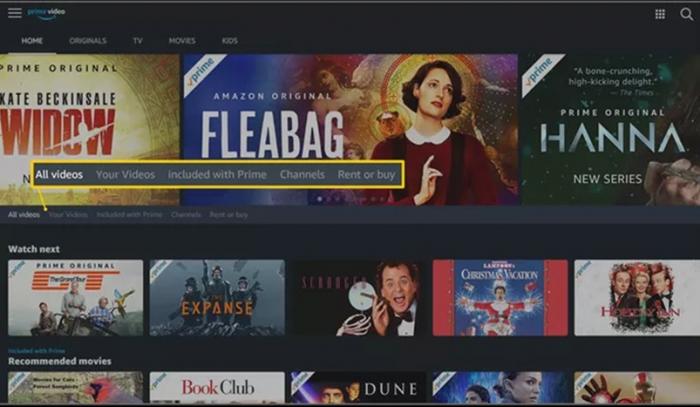
Choosing to outsource your medical billing process to a medical billing company requires a few considerations. You must be sure that you are making the best choice for your healthcare facility. A medical billing service can offer a more sustainable and regulated approach to revenue cycle management. However, a medical billing service is not for every practice.
Before signing a contract with a medical billing company, know all the pros and cons of a medical billing service.
Advantages of a medical billing service
Faster Insurance Payments
Medical billing services can bring a significant reduction in mistakes. This results in quicker reimbursements and payments. The workflows will be simpler, and the revenue will be higher. You can reap the benefits of a dedicated team handling your claims and cash flow.
Enhanced Transparency
Some medical practitioners consider outsourcing medical billing as transferring the control of revenue cycle management to strangers. But, this is not very accurate. Signing a service agreement with a company obliges them to provide positive results based on established metrics. These metrics include first-pass payments, collection ratios, and denial rates. Therefore, outsourced companies can give outstanding cash flow transparency.
A reputable medical billing company generates regular reports on key performance indicators for its clients. Moreover, they share payments and delays concerns more than the in-house billing team. This helps you gain a better oversight of your financial performance.
Reduced Costs
Maintaining in-house billing departments often tends to creep up expenses. This is a good reason to skip on-site medical billing. An outsourced medical billing service, on the other hand, saves several costs. You can avoid infrastructure installation costs, payroll, onboarding costs, benefits, and insurance costs.
Minimum Medical Billing Errors
There is always a risk of billing errors and other inaccurate information evolving into a major revenue slump. Especially in medical billing and collections, a single mistake may result in a delayed payment or a denied claim. A medical billing service guarantees an updated billing process that is free from human error and is profitable for the users. It also comprises quality assurance measures that assist with eliminating mistakes and maintaining accuracy.
Guaranteed Compliance
Healthcare involves a constant change in regulations, which is difficult to follow up on. It also makes maintaining compliance tough for the billers. These changes require a dedicated expert whose primary responsibility is to keep up with the updated information. Medical billing services are always up-to-date and therefore retain their competitiveness.
Improved Patient Care
Every medical facility tries its best to provide the highest-quality patient care. Nevertheless, it is not the easiest task to fulfill multiple duties at once, along with meeting the patients’ expectations. A medical billing service enables you to alleviate the stress of medical billing and coding and be more focused on your patient’s needs. This leads to an increased retention rate and more satisfied patients.
Disadvantages of medical billing service
Lack of Control Over Resource
Choosing an external medical billing company for your medical billing might give you lesser control over the process. Conflicting software and infrastructure can sometimes hamper transparency between both parties. Moreover, there may be customer service issues if patients are aware of and not comfortable with external agents accessing and processing their information.
Not budget-friendly for all practices
It can cost more than expected to transfer the billing process to an external billing setup. It may be unsuitable for standalone clinics, small medical centers, rural outpatient clinics, and private physicians. It is important to find a medical billing company that uses compatible technology. It allows practices with tighter budgets to use the existing infrastructure, without the need to upgrade.
Security Problems
Allowing third-party service providers to access your systems might encourage cyberattacks and malicious activities. Unless the medical billing company regularly updates its software, there is always a possibility of cyberattacks. Before signing a contract, ask about their management of digital relationships. Learn about their training programs to avoid internal information breaches. Also, inquire about the procedures they employ to determine potential external threats.
The statistics of the previous cyberattacks underscore the need to be careful as you evaluate your facility’s software infrastructure. It is also important to assess the security protocols of the billing company you are willing to work with.
Conclusion
A medical billing service is an integral as well as complex part of every healthcare practice. A medical billing service can increase the collected revenue, minimize liability risk, and streamline workflow. But, managing the patient’s information during the process can be a challenging task.
Furthermore, a medical billing service can pose monetary restraints depending on the size of your practice. Thus, healthcare professionals are encouraged to completely understand the requirement of their practice and the advantages and disadvantages of medical billing services before making a decision.
Author

David Bennett
David Bennett is a highly experienced medical billing expert with over 10 years of industry experience. He specializes in optimizing medical billing processes for healthcare providers, ensuring compliance with regulations and maximizing revenue. David is dedicated to providing top-quality service to his clients and is known for his attention to detail and exceptional communication skills.








